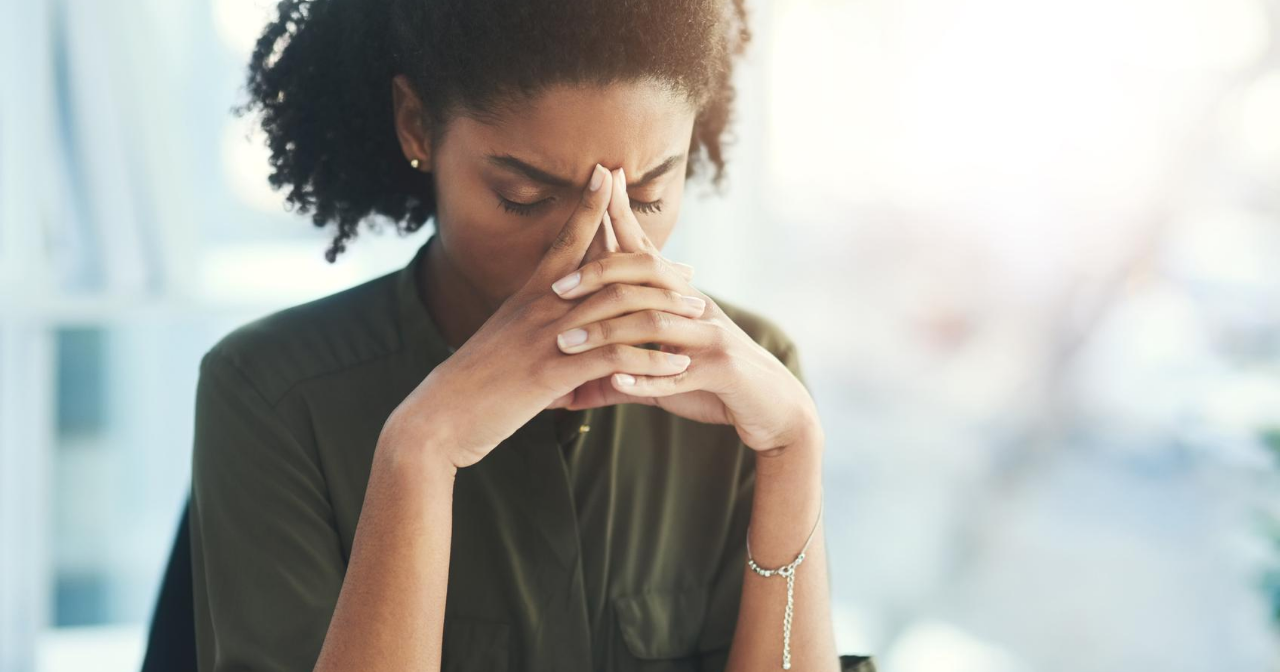Anxiety disorders are among the most common mental health conditions, affecting millions of people worldwide. Characterized by excessive worry, fear, and apprehension, anxiety disorders can significantly impair daily functioning and quality of life if left untreated. This comprehensive guide explores the various types of anxiety disorders, their causes, symptoms, and available treatments.
Types of Anxiety Disorders:
1. Generalized Anxiety Disorder (GAD): GAD involves persistent and excessive worry about a wide range of everyday concerns, such as health, work, relationships, and finances. Individuals with GAD often experience physical symptoms such as muscle tension, restlessness, fatigue, irritability, and difficulty concentrating.
2. Panic Disorder: Panic disorder is characterized by recurring panic attacks, which are sudden episodes of intense fear or discomfort accompanied by physical symptoms such as rapid heartbeat, sweating, trembling, shortness of breath, and chest pain. People with panic disorder often live in fear of experiencing another attack, which can lead to avoidance behaviors.
3. Social Anxiety Disorder (Social Phobia): Social anxiety disorder involves an intense fear of social situations and scrutiny by others. Individuals with social anxiety may fear embarrassment, rejection, or judgment, leading to avoidance of social interactions, public speaking, or performance situations. Physical symptoms may include blushing, sweating, trembling, and nausea.
4. Specific Phobias: Specific phobias are irrational fears of specific objects, situations, or activities. Common phobias include fear of heights (acrophobia), animals (zoophobia), flying (aviophobia), and enclosed spaces (claustrophobia). People with specific phobias may go to great lengths to avoid their feared stimuli, leading to significant disruption in their lives.
5. Obsessive-Compulsive Disorder (OCD): OCD is characterized by intrusive, unwanted thoughts or obsessions, and repetitive behaviors or compulsions performed in response to these obsessions. Common obsessions include fears of contamination, harm, or symmetry, while compulsions may involve excessive cleaning, checking, or counting rituals.
6. Post-Traumatic Stress Disorder (PTSD): PTSD can develop after experiencing or witnessing a traumatic event such as a natural disaster, combat, assault, or accident. Symptoms may include intrusive memories, flashbacks, nightmares, avoidance of reminders of the trauma, hypervigilance, and mood disturbances.
Causes of Anxiety Disorders:
The exact causes of anxiety disorders are complex and multifaceted, involving a combination of genetic, biological, environmental, and psychological factors:
1. Genetics: Family history and genetic predisposition play a significant role in the development of anxiety disorders, with certain genes increasing susceptibility to anxiety-related traits and disorders.
2. Brain Chemistry: Imbalances in neurotransmitters such as serotonin, dopamine, and gamma-aminobutyric acid (GABA) have been implicated in anxiety disorders, affecting mood regulation, stress response, and fear processing.
3. Stressful Life Events: Traumatic experiences, major life changes, chronic stress, and childhood adversity can increase the risk of developing anxiety disorders by triggering or exacerbating symptoms.
4. Personality Factors: Certain personality traits such as perfectionism, neuroticism, and a tendency to catastrophize or overestimate threat can predispose individuals to anxiety disorders.
5. Brain Structure and Function: Structural and functional abnormalities in brain regions involved in emotion regulation, fear processing, and the stress response, such as the amygdala, prefrontal cortex, and hippocampus, have been observed in individuals with anxiety disorders.
Symptoms of Anxiety Disorders:
Symptoms of anxiety disorders can vary widely depending on the specific type of disorder and individual differences. However, common symptoms may include:
- Excessive worry or apprehension
- Restlessness or feeling on edge
- Irritability
- Muscle tension or stiffness
- Fatigue or difficulty sleeping
- Difficulty concentrating
- Racing thoughts
- Panic attacks (sudden onset of intense fear or discomfort)
- Avoidance of feared situations or stimuli
- Intrusive thoughts or obsessions
- Ritualistic behaviors or compulsions
Treatments for Anxiety Disorders:
1. Psychotherapy: Cognitive-behavioral therapy (CBT) is one of the most effective forms of psychotherapy for anxiety disorders. CBT helps individuals identify and challenge maladaptive thoughts and beliefs, develop coping strategies, and gradually confront feared situations through exposure therapy. Faith based counseling also helpful in anxiety disorder.
2. Medication: Antidepressants, particularly selective serotonin reuptake inhibitors (SSRIs) and serotonin-norepinephrine reuptake inhibitors (SNRIs), are commonly prescribed to alleviate symptoms of anxiety disorders. Benzodiazepines may be used for short-term relief of acute anxiety symptoms, but they carry the risk of dependence and are generally not recommended for long-term use.
3. Mindfulness and Relaxation Techniques: Mindfulness-based therapies, relaxation exercises, deep breathing techniques, and progressive muscle relaxation can help reduce physiological arousal and promote relaxation, making them valuable adjuncts to other treatments for anxiety disorders.
4. Lifestyle Modifications: Regular exercise, healthy eating habits, adequate sleep, stress management techniques, and avoiding caffeine and alcohol can all contribute to better overall mental health and reduce symptoms of anxiety.
5. Support Groups: Support groups or peer-led organizations can provide validation, encouragement, and practical advice for individuals living with anxiety disorders, fostering a sense of connection and community.
6. Complementary and Alternative Therapies: Some individuals find relief from anxiety symptoms through practices such as acupuncture, yoga, meditation, herbal supplements, or aromatherapy. While not a substitute for evidence-based treatments, these approaches may complement traditional therapies for some people.
In Conclusion
Anxiety disorders are complex and challenging conditions that can significantly impact an individual’s well-being and functioning. However, with appropriate treatment and support, most people with anxiety disorders can experience significant improvement in their symptoms and quality of life. If you or someone you know is struggling with anxiety, don’t hesitate to reach out to a mental health professional for help and support. Remember, you are not alone, and effective treatments are available to help you reclaim control of your life.


